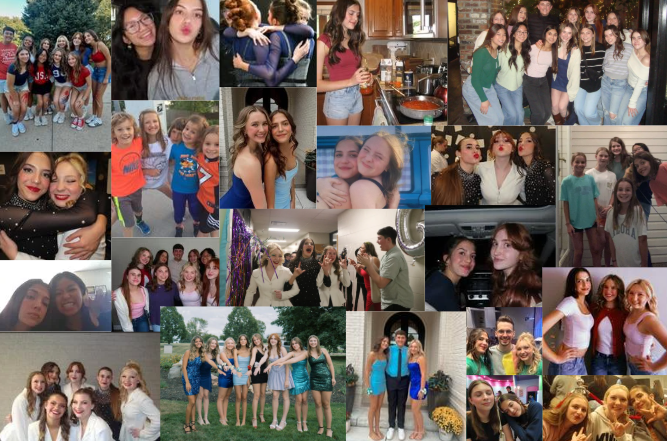In the age of instant fame, it seems only fair that we’d invent something equally fast to destroy it. Cancel culture, the unforgiving and unmerciful judge. Celebrities can either skyrocket to idol status with a few taps or shares or plummet into obscurity.
The internet’s demand for constant content and its appetite for drama has created an environment where individuals, brands and even ideas can be canceled- in other words, decisively shamed by the public. The reason for being canceled can vary from a 10-year-old offensive tweet or a misunderstood joke to behavior that doesn’t fit today’s standards. In many cases, there’s little room for growth, apology or context.
The simplicity and speed of canceled culture can lead to rushed judgments and potentially unfair consequences. For young people still developing their understanding of complex issues, canceling can sometimes discourage them. A recent study by Pew Research Center found that 55% of Gen Z respondents believed that cancel culture sometimes goes too far, stifling voices rather than encouraging accountability. As a result, the culture of “callouts” can lead to a fear of speaking out, even on minor issues, as mistakes or unpopular opinions may lead to harsh repercussions.
Furthermore, cancel culture has the unintended effect of fostering anxiety and mental health struggles among Gen Z. Men feel they are constantly under surveillance, with every action or comment subject to scrutiny. This pressure can discourage young people from expressing themselves freely or experimenting with new ideas, as the fear of being “canceled” looms large.
According to the American Psychological Association, more than half of Gen Z reports experiencing high levels of stress and anxiety with social media pressures often contributing to these feelings. Gen Z is the most chronically online generation to ever exist and when people on the internet are constantly watching for a slip-up, it makes sense why stress and anxiety levels among teens are off the charts.
The effects of cancel culture aren’t limited to those directly canceled. The pervasive fear impacts everyone on social media, including Gen Z. Knowing that a single post could lead to public outrage makes many young people hypervigilant, constantly monitoring their behavior and censoring themselves. Instead of encouraging openness and connection, social media becomes a hostile environment where mistakes aren’t forgiven and growth is not encouraged. This atmosphere is detrimental to both personal development and mental health.
There are alternative ways to promote accountability without the destructive aspects of canceled culture. Education, conversation and even empathy can create an environment where people feel encouraged to learn from their mistakes rather than being punished. While holding others accountable is essential to preventing future mistakes, the idea of “canceling” someone for one mistake is outrageous.
Overall, the cost of Cancel culture weighs heaviest on the shoulders of a generation already burdened with the pressures of an unforgiving world. Behind every canceled post and every shamed comment, a young person is grappling with the intense fear of making a mistake, of being erased for a misstep. For Gen Z, this culture of condemnation has silenced voices that once held promise, forcing them into isolation rather than encouraging growth. They are left questioning whether they will ever be seen for more than their mistakes and wondering if forgiveness, compassion or redemption are even possible. So, they carry this weight in silence, yearning for a world where they can stumble and still be loved, where their flaws don’t define them and where they can find a way back to each other.









Margaret Balkus • Nov 12, 2024 at 9:09 pm
Very insightful. I have often said that I am glad I didn’t have to raise my children in todays world with all the social media. Teenagers are especially susceptible to repercussions. Great article.